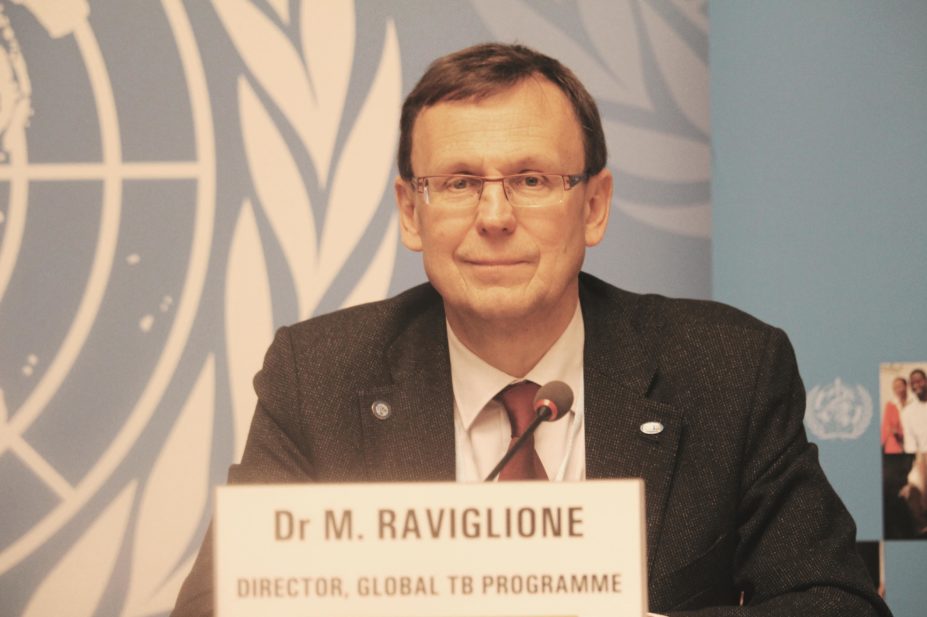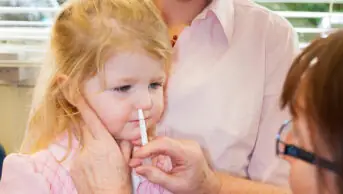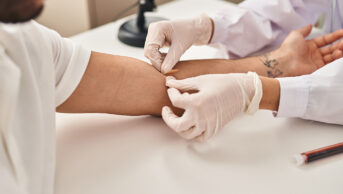
John Zaracostas
Georgia has become the first country to receive free courses of the costly anti-tuberculosis (TB) drug bedaquiline (Sirturo) through an innovative drug donation partnership between the US aid agency USAID and Janssen Therapeutics, which developed the drug.
“The partnership is a significant step forward in the global fight against the threat of multidrug resistant-TB,” said Ian Kelly, the US ambassador to Georgia, at an event in the Georgian capital Tbilisi on 13 October 2015 to mark the launch of the bedaquiline donation programme.
Nearly 200 patients in Georgia, which is classified as having a high multidrug resistant-TB burden (MDR-TB), will begin receiving bedaquiline after the first shipment of the drug was handed to the director of the national centre for TB and lung diseases Zaza Avalian.
“This is a historical development,” says Mario Raviglione, global TB programme director for the World Health Organization (WHO). “For the first time we have the release of a new drug for MDR-TB being released on a large scale.”
Under the partnership, the manufacturer will donate 30,000 six-month courses over the next four years valued at an estimated US$30m. To date, 28 countries have asked to be beneficiaries, but up to 100 countries may be entitled to receive the drug for free.
According to the WHO, only 48% of MDR-TB patients have a successful treatment outcome. The global health agency also says that in 2013 an estimated 480,000 people developed MDR-TB and 210,000 people died of the disease.

